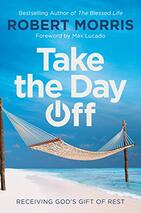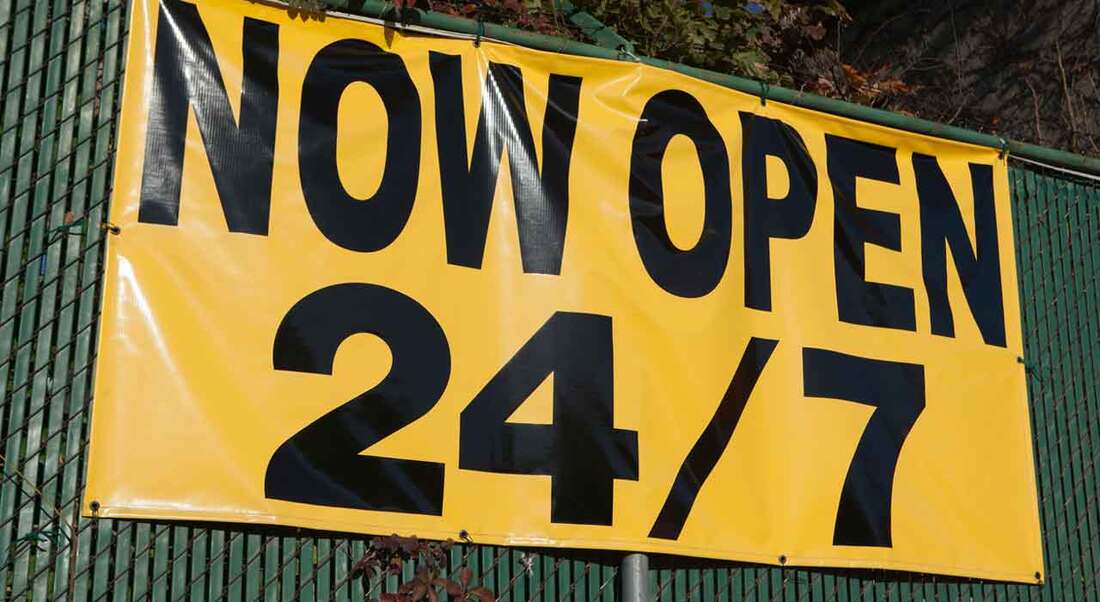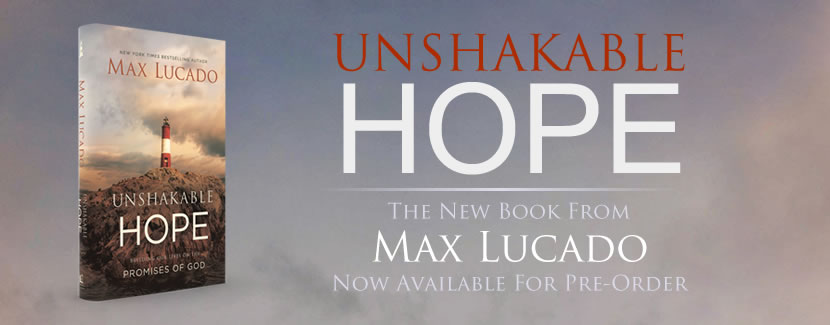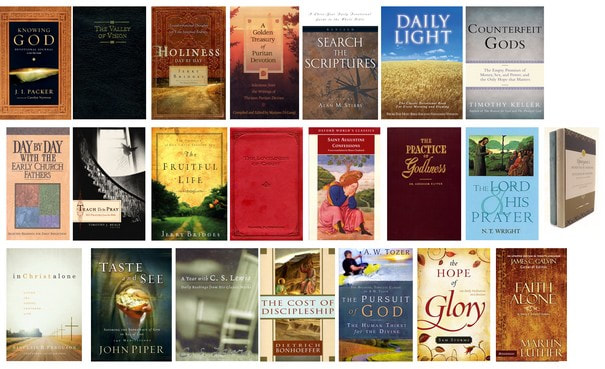 (Click for Amazon link)
(Click for Amazon link) We all believe that the 10 Commandments still apply, even today, in the age of the New Covenant. Of course, not for salvation, since we are saved by faith. But “Thou shalt not commit murder,” “Thou shalt not commit adultery,” even “Thou shalt not covet” is relevant today (while the eating of lobsters or wearing of polyester is not). And yet, we consider the Fourth Commandment as unimportant. Oh, we don’t disagree with it, and we’ll even defend it against the pagans. But just as we don’t send someone to jail for lying, we’ll quickly look the other way when anyone breaks the Fourth Commandment: “Thou shalt keep the Sabbath Day holy.”
Robert Morris’ new book (which comes out today), Take the Day Off argues quite effectively the importance of obeying this command. This is not another typical book on how we all need rest or how to find rest in an increasingly busy world. He does touch upon those two topics, but this book is about the theological implications and how obeying or disobeying affects us personally. Morris is also such a prolific writer that it feels like you’re having a conversation with him at the pulpit instead of listening in on a theological seminar.
Morris is not a strict Sabbatarian (like the Seventh Day Adventists), but he believes in taking out a literal one day out of the week to rest and fellowship with God, and it doesn’t have to be on a Sunday, either. This is by far the best book I’ve read on the Sabbath. It is highly Biblical (unlike many self-help type books on Christian resting) and highly practical (unlike many theological books on the 10 Commandments covering the Sabbath). In addition, Max Lucado's foreward is also awesome!
If you find yourself too busy to read a book, stop what you’re doing and order it right now and read this book. It will be your first step to obeying the Forgotten Commandment.
I would like to thank FaithWords Publishers for an advance copy of this book.
Robert Morris’ new book (which comes out today), Take the Day Off argues quite effectively the importance of obeying this command. This is not another typical book on how we all need rest or how to find rest in an increasingly busy world. He does touch upon those two topics, but this book is about the theological implications and how obeying or disobeying affects us personally. Morris is also such a prolific writer that it feels like you’re having a conversation with him at the pulpit instead of listening in on a theological seminar.
Morris is not a strict Sabbatarian (like the Seventh Day Adventists), but he believes in taking out a literal one day out of the week to rest and fellowship with God, and it doesn’t have to be on a Sunday, either. This is by far the best book I’ve read on the Sabbath. It is highly Biblical (unlike many self-help type books on Christian resting) and highly practical (unlike many theological books on the 10 Commandments covering the Sabbath). In addition, Max Lucado's foreward is also awesome!
If you find yourself too busy to read a book, stop what you’re doing and order it right now and read this book. It will be your first step to obeying the Forgotten Commandment.
I would like to thank FaithWords Publishers for an advance copy of this book.
















 RSS Feed
RSS Feed
